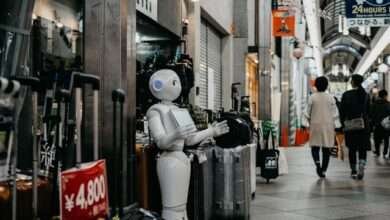kuo predicts that in the next three to five years apple may be able to supply the us market or 25 of global shipments from assembly sites outside of china chance miller 9to5mac

Apple analyst Ming-Chi Kuo is out today with some new predictions on how Apple can continue to reduce its reliance on China. According to Kuo, Apple is adjusting its “supply chain management strategy” in response to the ongoing “de-globalization trend.”
apple iphone ipadmiller9to5mac
Based on recent supply chain surveys, here’s what Kuo predicts…
The changes include shifting more iPhone production to India, as well as moving more MacBook production and assembly to Thailand. While these moves will take years to complete, Kuo says the US market could be entirely supplied by assembly non-China locations within 3-5 years:
- According to Apple’s plan, the Indian company Tata Group may cooperate with Pegatron or Wistron in the future to develop the iPhone assembly business. More than 80% of the iPhones made in India (by Foxconn) are currently to meet domestic demand.
- The potential cooperation of Tata Group and Pegatron or Wistron can accelerate the increase in the proportion of non-China iPhone production.
- The main non-China production site for MacBook in the future may be Thailand. All MacBooks are currently assembled from production sites located in China.
- In the medium term (within 3-5 years), at least the US market (~25-30%+ of global shipments) can be supplied by assembly sites located in non-China to reduce potential impacts from political risks (e.g., US-China tariffs).
- In the long run:
- The non-Chinese markets will be supplied by assembly sites located in non-China, while the Chinese market will be supplied by assembly sites located in China.
- Assemblers can conduct NPI (new product introduction) in China and non-China.
Apple has faced pressure from many different corners to reduce its reliance on China. The company’s dependence on China has been viewed as a major weak spot in its supply chain, particularly amid COVID lockdowns and geopolitical tensions. Apple has also been criticized for cozying up to China authorities for secret deals and investments in the Chinese economy



